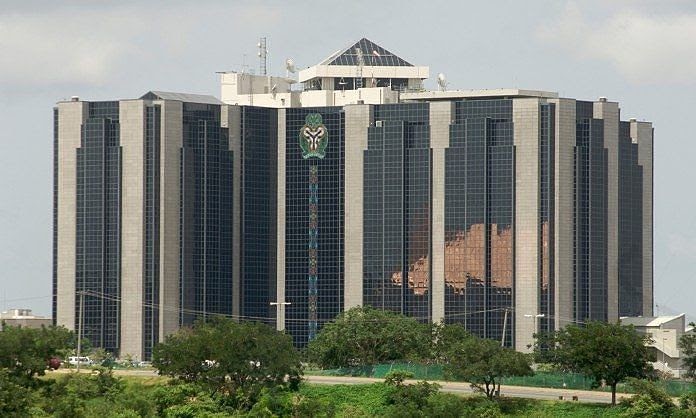The Central Bank of Nigeria (CBN) has launched a dedicated Compliance Department to combat financial crime and strengthen regulatory oversight within the nation’s financial sector, as announced on September 5, 2025.
This strategic move aims to enhance the integrity and resilience of Nigeria’s financial system amid rising concerns over money laundering, terrorism financing, and other illicit activities.
In a circular issued to regulated financial institutions, the CBN revealed that the new Compliance Department, established in the first quarter of 2025 and operational by the second quarter, will focus on four key areas: financial crime supervision, market conduct supervision, enterprise security supervision, and corporate governance.
These encompass anti-money laundering (AML), counter-terrorism financing (CFT), counter-proliferation financing (CPF), sanctions compliance, cybersecurity, data protection, and environmental, social, and governance (ESG) oversight.
The initiative aligns with the CBN’s broader efforts to bolster regulatory frameworks and adopt digital compliance solutions to address evolving financial threats.
The department will oversee real-time transaction screening, ensure adherence to global and domestic sanctions lists, and mandate robust reporting of suspicious activities to the Nigerian Financial Intelligence Unit (NFIU) within 24 hours, as stipulated by the Money Laundering Prevention and Prohibition Act (MLPPA) and Terrorism Prevention & Prohibition Act (TPPA).
CBN Governor Olayemi Cardoso emphasized that the new unit reflects the bank’s commitment to aligning with global standards set by the Financial Action Task Force (FATF).
“This structural reform consolidates our supervisory frameworks to tackle non-prudential risks effectively, ensuring a secure and transparent financial ecosystem,” Cardoso stated during a recent engagement with J.P. Morgan executives.
The CBN has also introduced innovative measures, such as mandating the collection of customers’ social media handles as part of Know Your Customer (KYC) requirements under the 2023 Customer Due Diligence Regulations, to enhance customer identification and curb financial crimes.
Additionally, a draft framework unveiled in May 2025 integrates artificial intelligence (AI) and machine learning (ML) to create a smarter, technology-driven AML system, addressing the complexities of Nigeria’s increasingly digital financial landscape.
The establishment of the Compliance Department follows recent directives to banks and fintech firms to strengthen sanctions compliance frameworks, prompted by incidents like the CBEX investment platform collapse, which trapped trillions of naira.
The CBN has warned financial institutions of enforcement actions for non-compliance, underscoring the urgency of robust monitoring systems.
The UK’s National Crime Agency (NCA) has also partnered with the CBN and NFIU to track illicit financial flows, further supporting Nigeria’s anti-corruption efforts.
This collaboration includes building beneficial ownership registers to enhance transparency in company ownership.
Financial institutions are directed to channel all regulatory reports and inquiries to the Compliance Department’s director through established communication protocols.
The CBN anticipates continued cooperation to ensure a seamless transition and a fortified financial system.
Click to signup for FREE news updates, latest information and hottest gists everyday
Advertise on NigerianEye.com to reach thousands of our daily users









